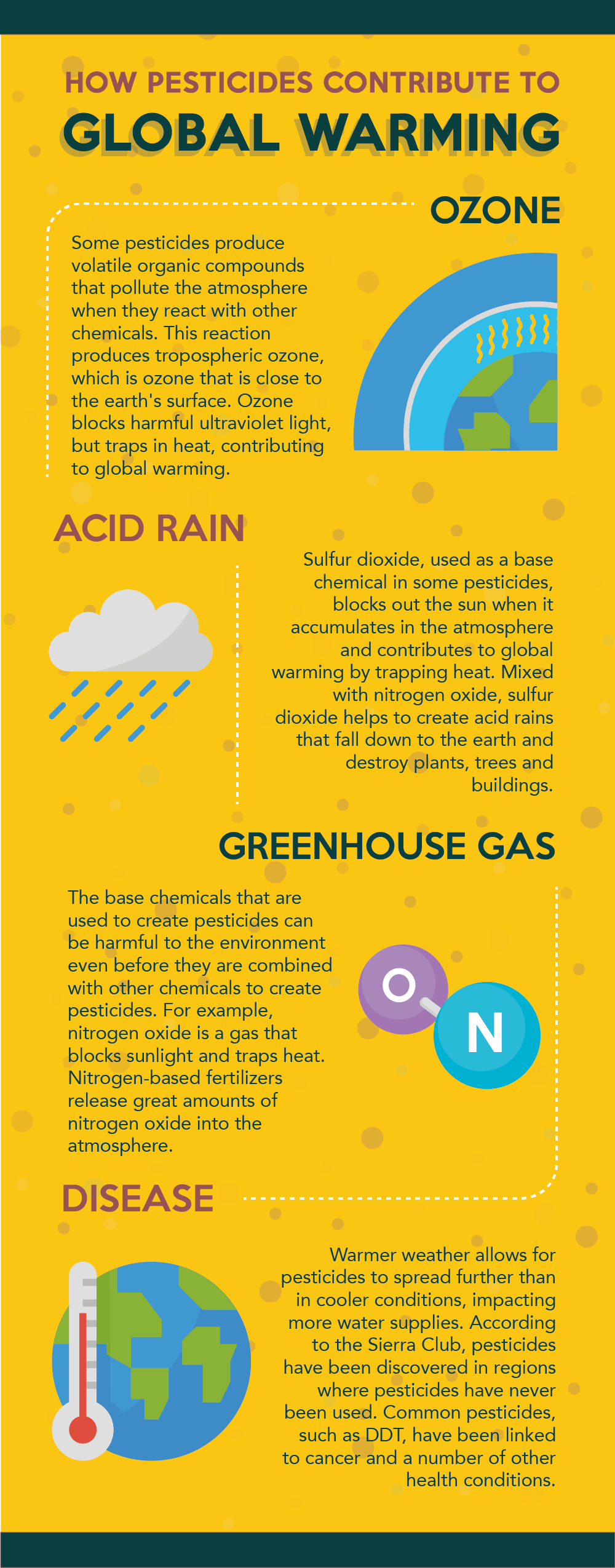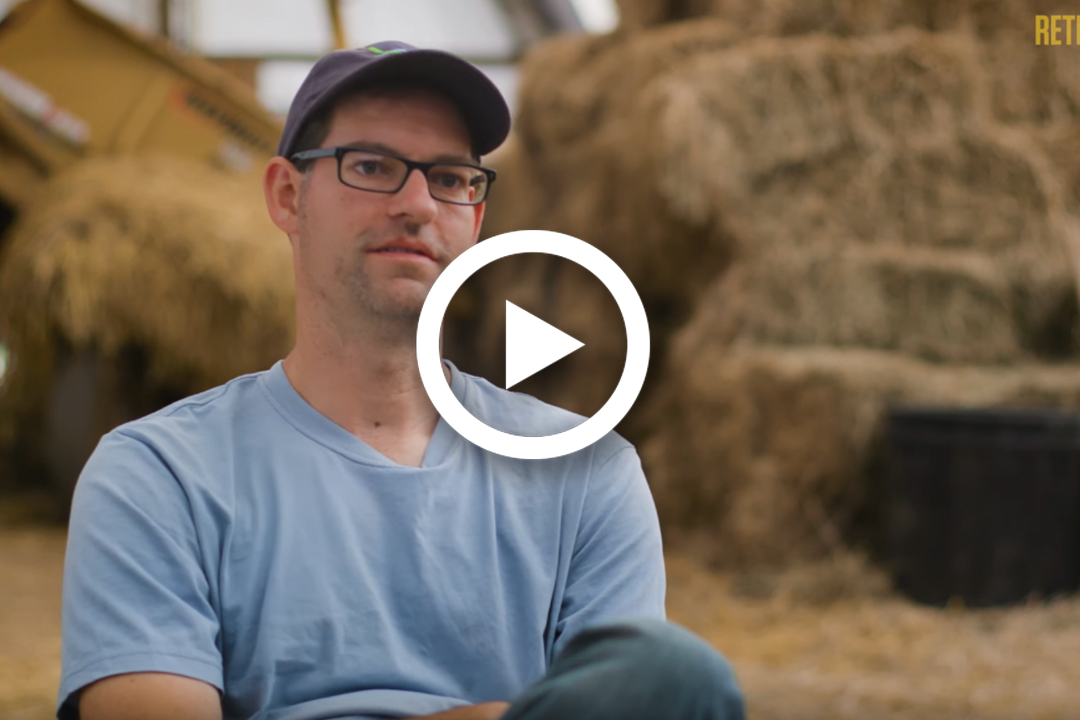According to the Global Panel on Agriculture and Food Systems for Nutrition, global food production is expected to decrease two percent every decade until 2050. Climate change and the use of synthetic substances are contributing towards the deterioration of soils worldwide.
Three centimeters of topsoil take 1,000 years to develop. According to the UN, if current rates of degradation continue, all of the world’s topsoil could be gone within 60 years. About a third of the world’s soil has already been degraded.
In the following video, farmers discuss the struggles of growing food with a changing climate and how organic agriculture not only benefits the earth, but also their bottom lines.
A changing climate, rising population and the decimation of the environment by pollution are very real risks that will shape future legislation. A rise of 2°C (3.6°F) would increase sea levels by another 4 inches (10 centimeters) on average, increasing the intensity of severe rainfall events by 2% and reducing global wheat production by 7%. Global food production depends on a delicate environmental balance, and ironically, the same mediums being used to ensure it, are the ones threatening it: synthetic pesticides.

Whatever value is still being found with traditional agriculture models that rely heavily on the use of chemicals, is far outweighed by the long-term global consequences. A transition to organic and regenerative models is necessary to feed an estimated 9 billion people in the future, and the neem tree will be at the forefront of this sustainable and organic transformation.
Named “The Tree of the 21st Century” by the United Nations, the neem tree has a myriad of uses that date back millennia. As a sustainable alternative, neem compounds and extracts offer the opportunity to treat pests and add nutrients to the soil, while being completely nontoxic to humans, birds, and other beneficial insects.
Neem products could become key for the development of sustainable and organic cannabis in the following areas:
- Neem oil: Known as one of the most potent natural fungicides, neem oil is used to treat common cannabis blights such as powdery mildew, black spot, down mildew, rust, leafspot and botrytis.
- Neem cake: Improves the soil’s organic content while protecting cannabis roots from pests, diseases and nematodes. Increases water retention and provides minerals. Neem cake can increase yields by as much as 25%, according to early research undertaken.
- Azadirachtin: Biodegradable and non-toxic to mammals, azadirachtin disrupts the growth cycle of insects and deters them from feeding on plants. Effective against 600 species of insects.
Primal is at the forefront of commercial and sustainable agriculture with the largest commercial neem plantation in the world. We are not only believers, but also proof that organic and regenerative farming can substitute the commercial model that employs synthetic and toxic substances. We placed ourselves of the curve by identifying the long-term and unsustainable consequences of toxic chemicals, designing the business model of the future in which sustainability and profits go hand in hand. We provide our clients with the opportunity to divest their assets into the agricultural sector, which will be key towards feeding the global population in the future and, therefore, will continue to grow exponentially.
Learn more about the new green revolution and how sustainability can be integrated into a successful business model and help you diversify your assets by clicking here.
